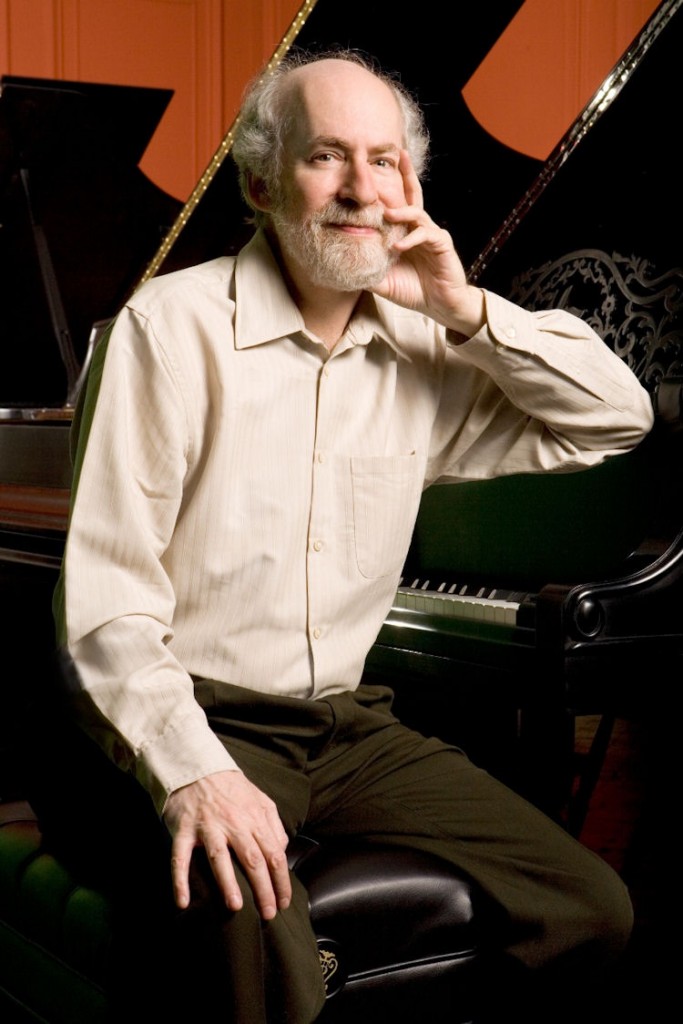A Mompou journey that misses some of the mystery
Federico Mompou’s music is elusive. It is both ancient and modern, rooted in a spirituality that is of the past, but also feels of the present.
Pianist Haskell Small presented the entirety of the Catalan composer’s Musica Callada, Friday night at Christ & Saint Stephen’s Episcopal Church. These 28 miniatures are divided into four books, which were composed separately between 1959 and 1967.
Despite this fact, there is a unity to the pieces and an almost narrative quality emerges when they are performed as a whole. The title, which can be translated as “quiet music” or “music that falls silently,” is just as elusive as the music itself.
The pieces are meditative and intimate, but somehow still sweeping in scope. As Small explained In his opening remarks, it is music to be heard in one’s “inner ear,” the pianist adding that the concert was not to be perceived as a performance, but rather as a prayer.
That said, Musica Callada is almost as dependent on the venue for its success as it is on the pianist. People are not called to genuine prayer lightly or easily; the place in time and space has to be right. The instrument is also of great importance. As Small declares in the program notes: “He (Mompou) wants a very personal quality, which means using an instrument capable of infinite gradations between p and pppp.”
These are a lot of careful considerations for music that is almost childlike at times in its simplicity. But it is precisely this simplicity that demands these considerations. The simplicity is where the spirituality is, between the notes in the stillness. The effect the music is capable of can be haunting and intangible, but as Small proved Friday night, this effect is also fleeting and difficult to create.
In the first piece, marked angelico, Small let the melody speak for itself, stating it matter-of-factly. As the pieces continue, they increasingly stretch the musical language, tonally and emotionally. Book Two is more dramatic than the first, with more outbursts and wayward harmony.
One got the sense right away that the pianist never wanted to get in the way of the music; he was almost just a vessel. It was still personal, but his playing seemed a bit removed from the music.
Small clearly understands this music deeply, but the explosive moments never seemed frightening enough. As Small explained, the “pieces show us that quietude is sometimes suffocating,” but Small didn’t convey that sense of desperation beneath the surface.
Perhaps the greatest reason that the performance only fitfully brought one into the prayer-like essence was that contrasts weren’t pointed starkly enough. The softest meditations were far too present, without the gradations between p and pppp. Melodies were too firmly voiced over harmony. One never had to lean in and wonder if the music was still there. It was all just a little too easy, and the initial atmosphere of spiritual mystery was never set.
The pieces finally arrive at a place of comfort, with a hymn in C major. Small’s personal journey was evident, but the larger collective one with the audience was only intermittently apparent. In Mompou’s words: “This music has no air or light. It is a weak heart beat; you cannot ask it to reach more than a few inches into space, but its mission is to reach the profound depths of our soul and the secret regions of our spirits’ spirit.”
This concert is Part I of a two-part series called “Journeys in Silence”. Part II will take place at Christ & Saint Stephen’s Church on March 28, 2014 at 8 p.m. 212-787-2755.







